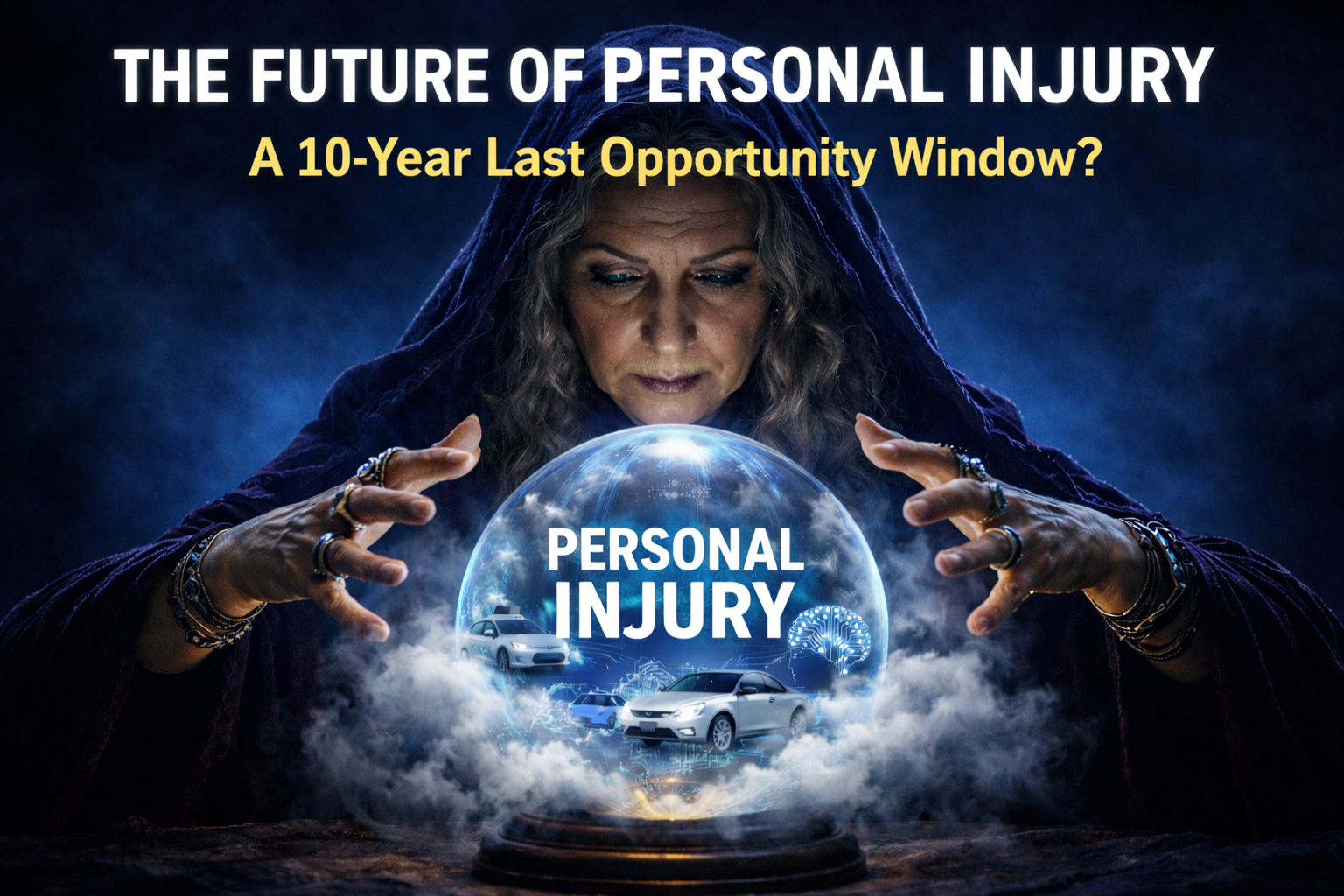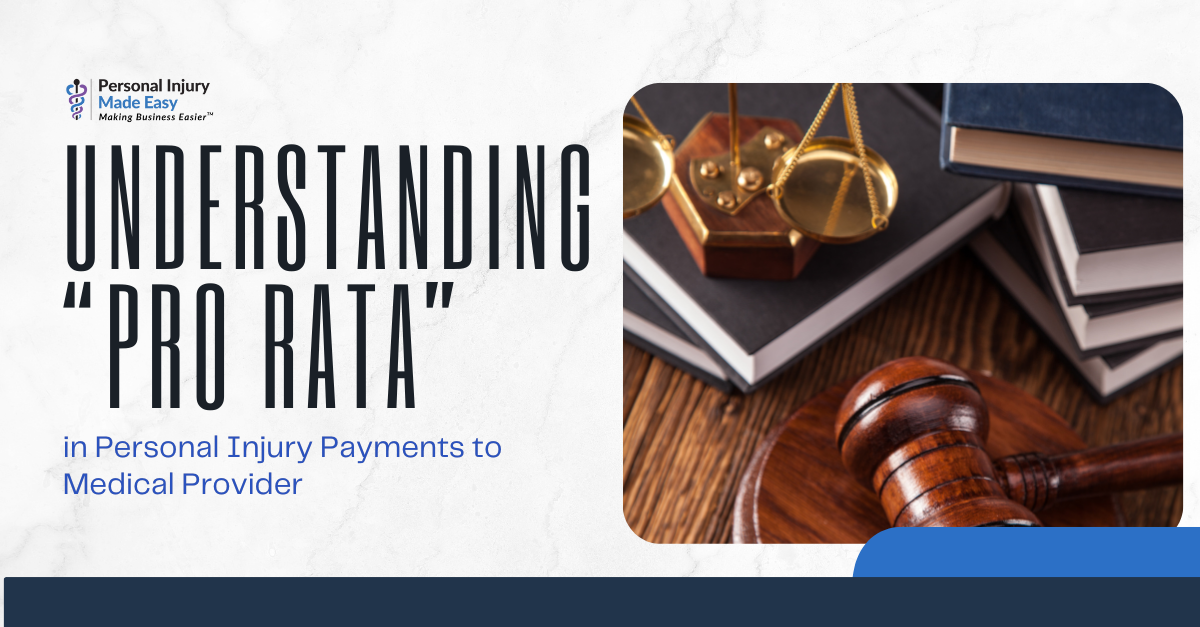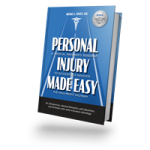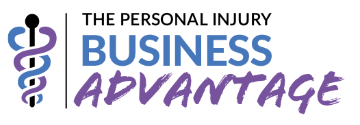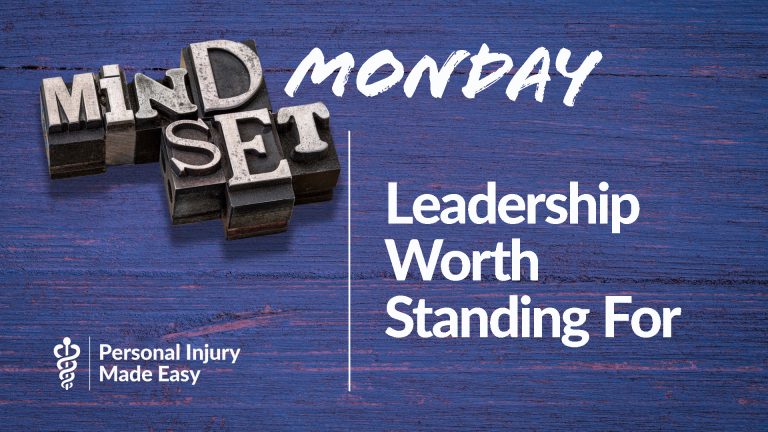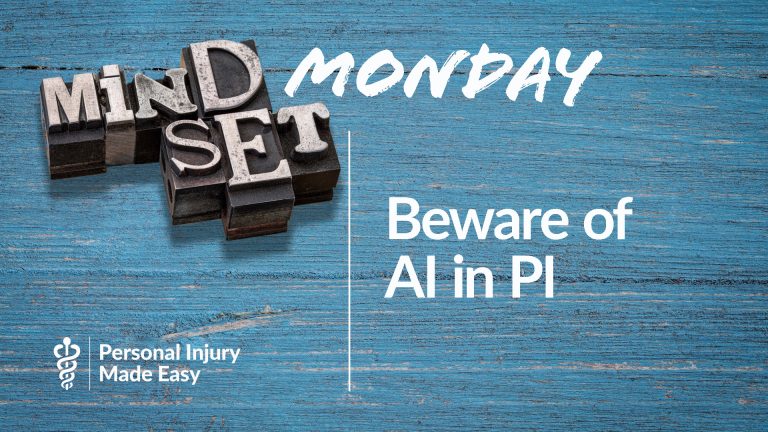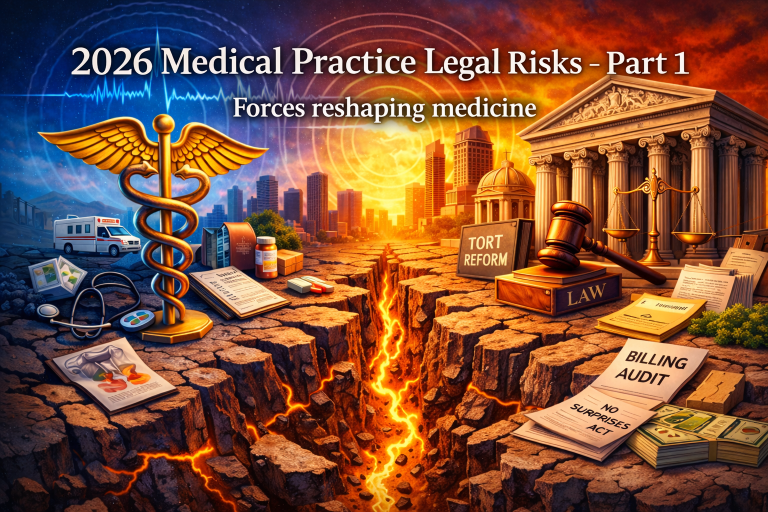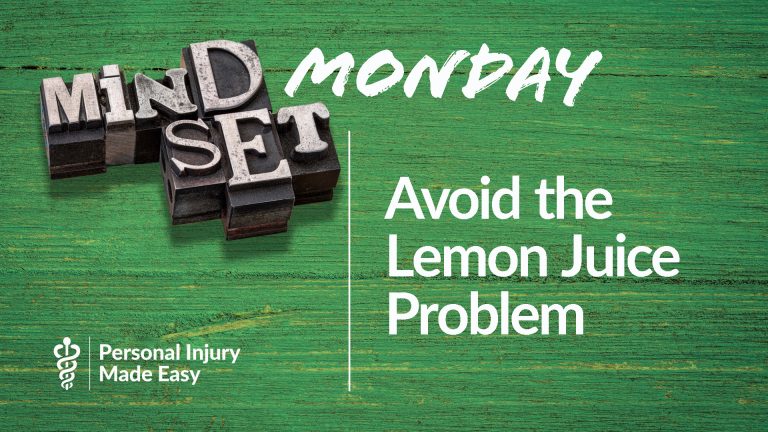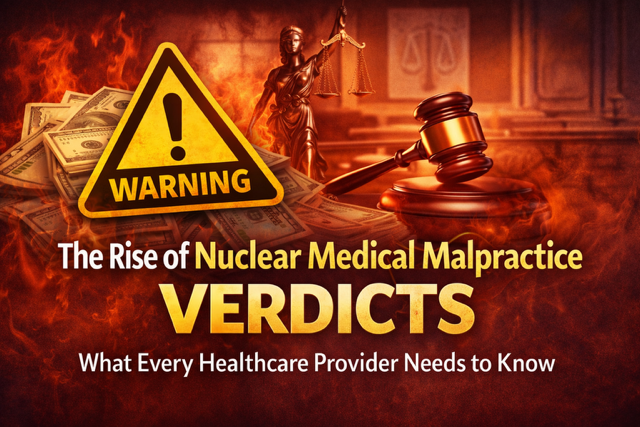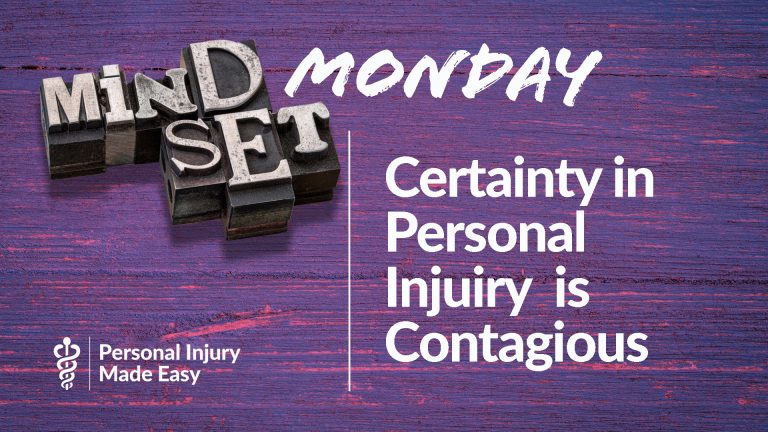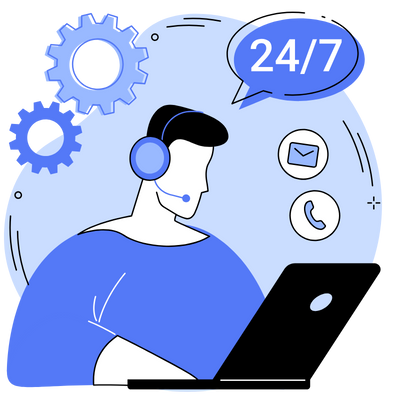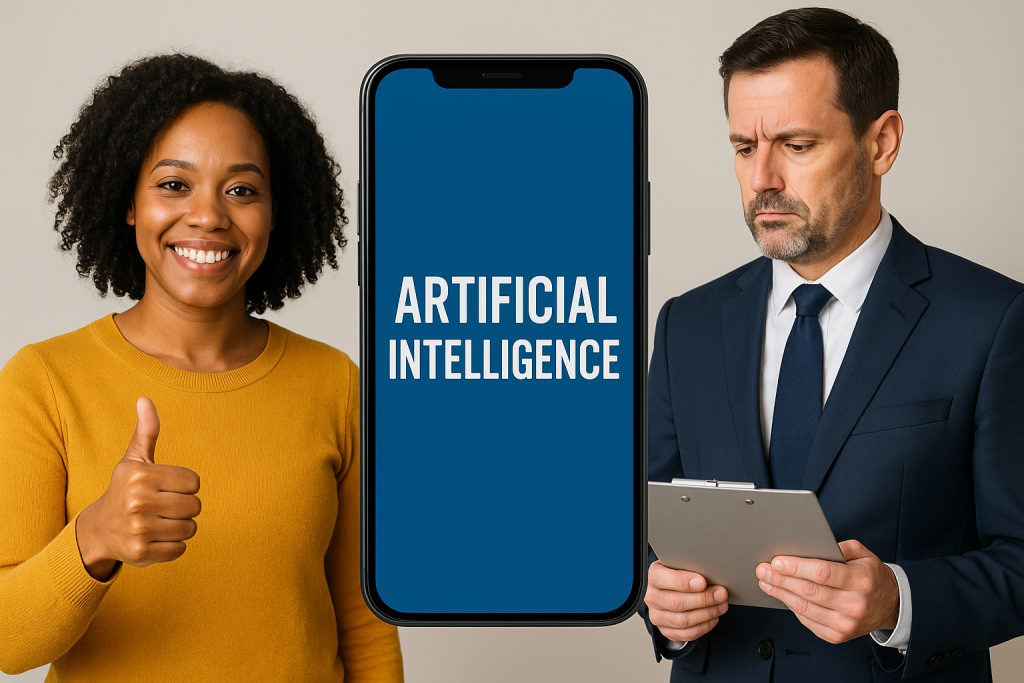
AI Will Remove Attorneys & Adjusters from Small PI Cases — And That Will Change Everything
It’s an Artificial Intelligence (AI) uprising in PI
AI has already impacted personal injury. Just ask any attorney or insurance adjuster.
Attorneys now use AI for quick reviews, summarizing, and identifying issues in thousands of records. AI assists with drafting written discovery, court motions, communicating with others, and marketing. Law firms are using it strategically.
Adjusters are also using AI for documentation review and analysis. But they’ve taken it further, deploying AI to identify patterns among specific law firms and medical offices that consistently raise red flags. This enables them to target issues and negotiate lower payouts. Again, adjusters are also using it strategically.
But both sides are in for a rude awakening.
Personal injury (PI), as we know it, is on the verge of a major transformation.
For decades, the default move after a motor vehicle collision (MVC), especially for soft tissue or low-damage claims, was to “call a lawyer” to “negotiate with an adjuster.” Not anymore. Artificial intelligence is here, and it’s rewriting the rules of PI, quickly.
AI Will Replace Attorneys and Adjusters in Minor Cases
In the not-so-distant future, I project that AI will replace attorneys and adjusters in small-damage PI cases.
Let that sink in.
The Need for Law Firms and Attorneys
The truth is, over 95% of PI claims resolve without ever going to trial. And trial is where an injured person really needs an attorney, a trial attorney.
Another 15% of claims may involve substantial injuries or complex liability disputes. In those cases, attorneys can be valuable and are often essential to maximize a financial recovery.
Together, that’s 20% of cases where legal counsel makes a meaningful difference.
But in the remaining 80%, the role of attorneys is often less vital—or perhaps not needed at all.
Yet, in those 80% of cases, attorney fees and costs (some of them questionable) consume 33% to 50% of the settlement. That’s a significant portion of funds that never reach medical providers or the injured patient.
Having an attorney can be a benefit, or a burden, when it comes to getting medical bills paid and putting money in the patient’s pocket.
The End of the PI Middlemen (in Minor Claims)
What does a PI attorney do in low-dollar claims? They gather paperwork, negotiate with adjusters, and take a third (or more) of the payout. They’re not litigating or delivering landmark verdicts. They’re managing process.
It’s the same for adjusters who are overseeing hundreds of cases, analyzing documentation, and making offers to attorneys. They’re managing process, too.
And process is exactly what AI does best.
Imagine this: You’re rear-ended at a stoplight. No ambulance, no broken bones, but your neck is sore. Instead of calling a law firm and waiting for a consult, you open your AI PI Guide app on your mobile phone right at the scene.
It tells you what to say, how to document the crash, what pictures to take, how to file a claim, how to avoid treatment gaps, and when to follow up. It even will proactively remind you.
When it’s time for compensation, you enter your info. AI reviews documentation, assesses liability, calculates damages, makes offers, and negotiates counteroffers. Once resolved, it outlines contingencies and locks in the agreement.
No attorney fees. No delays. No friction.
Just clarity, speed, and control—by removing people, costs, and barriers.
Why Insurers Will Love It
Think insurers will fight this? Nope. They’ll fund it.
Why?
Because with AI, they won’t need adjusters for minor cases. No payroll taxes, no worker’s comp, no liability, and no need to pay defense counsel by the hour.
They lower their overhead. Even if payouts remain the same, they keep more of the money.
And here’s the kicker: injured consumers may actually receive more than they would with an attorney, because the 33% to 45% contingency fee is gone.
Even attorneys will love it. Most don’t want small claims as they’re expensive, time-consuming, and resource-draining. Those cases exist mainly as referral loss leaders.
Expect to see law firms white-labeling AI tools, like digital billboards, so that when you open your AI PI Guide, their name pops up only if it’s a high-value or complex case.
An AI PI Guide Means a Win-Win-Win-Win
- Insurers: Close claims faster, with fewer disputes, less personnel and lower costs
- Patients: Keep more of their money, stay in control, and avoid legal fees
- Providers: Get more bills paid and partner with their patients in the claims process
- Attorneys: Avoid low-dollar hassle but remain top-of-mind for larger cases
This isn’t a prediction. It’s already happening. The full shift will shock many, but benefit most.
What This Means for Medical Providers
Here lies the golden opportunity: No attorney siphoning off funds means providers move closer to full compensation. YOU, the medical provider, become even more important as you can more directly assist your patients in their PI claim support.
But there’s a catch. Without a lawyer acting as a buffer and trust holder of settlement funds, you must protect yourself directly. That means:
- Solid contracts of financial responsibility
- Properly executed Assignments of Benefits (AOBs)
- Professional, detailed storytelling documentation
- Transparent communication from day one
- Active support of the patient’s claim and billing process
You must become your own best advocate, working with patients to secure payment directly from the claim, so you avoid chasing patients after the fact.
If you master storytelling documentation and understand the PI process, you’ll be indispensable, not just for healing, but for your patients’ financial recovery too.
The rules are changing. Providers who adapt won’t just survive—they’ll own the PI space.
A Change in Attorney Fee Structures is Coming
One more prediction: AI will force law firms to change how they’re compensated.
Some attorneys already agree to never take more than their client receives. That’s fair. That’s just. And that’s the future.
AI will make this the new norm, because smarter consumers will no longer tolerate attorneys taking the lion’s share of smaller settlements.
You heard it here first.
We’re Entering a New PI Era
Soon, attorneys will be optional in many cases. And the public won’t just accept this, they’ll demand it.
Once people realize they can settle faster, more fairly, and keep more money using their AI PI Guide, why wouldn’t they?
You Can Fight It. Or You Can Lead It.
You have a choice:
- Resist, cling to the old ways, and wait to be disrupted
- Or embrace change, and be a leader in this new era
I’ve made my choice.
I choose to educate.
I choose to empower.
Yes, I’ve already begun developing an AI PI Guide for medical providers, with plans to expand to consumer-patients. As I do, the truth about PI—what attorneys, adjusters, and providers do right and wrong—will be placed in the hands of every future claimant.
And the cases that truly need attorneys? They’ll get one, and those attorneys will be worth every penny.
This isn’t the death of personal injury.
It’s the rebirth—smarter, faster, and fairer for everyone involved.
Are you ready to lead in the new world of PI?
Because whether you are or not, it’s here. And it’s coming.



